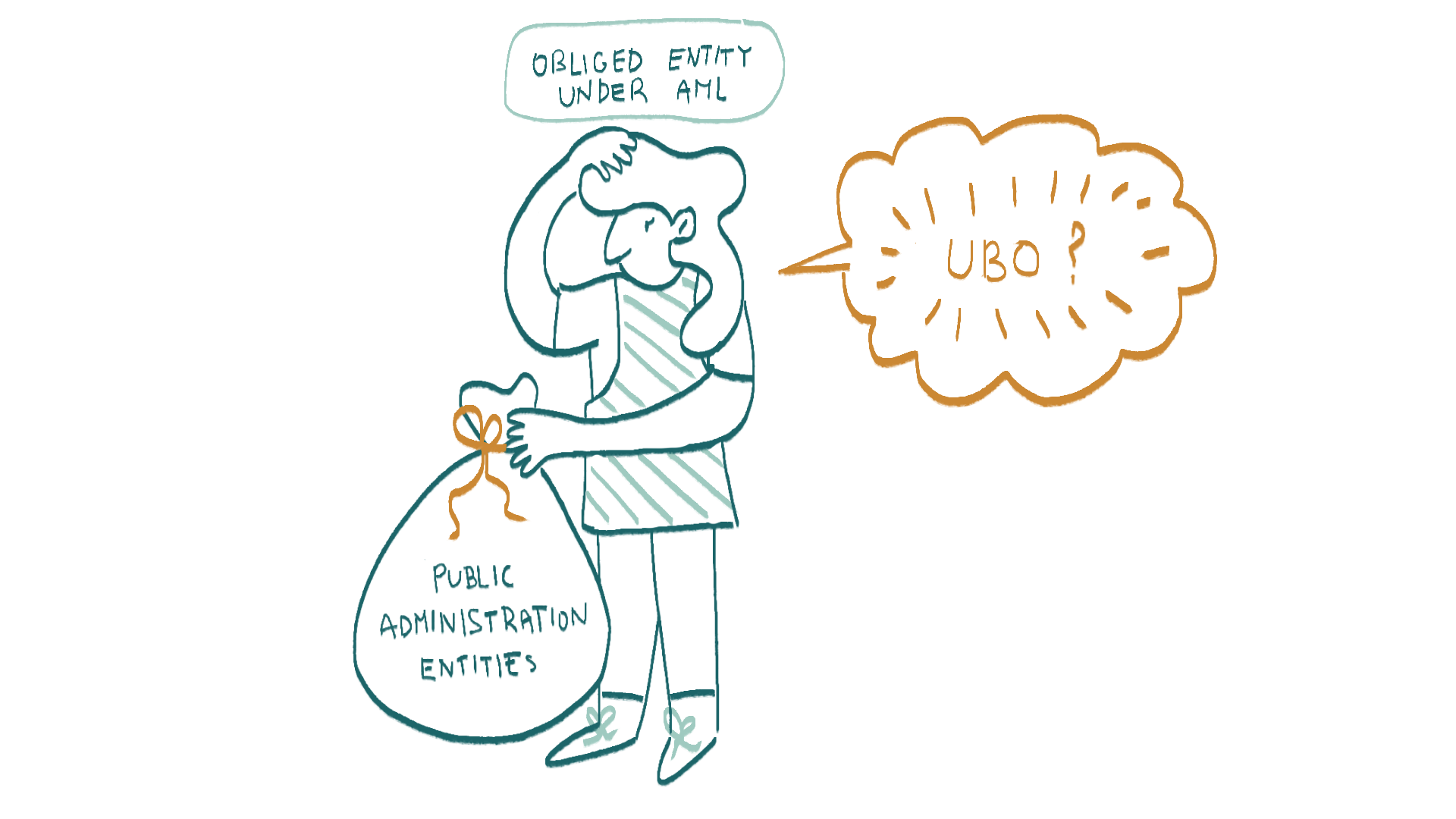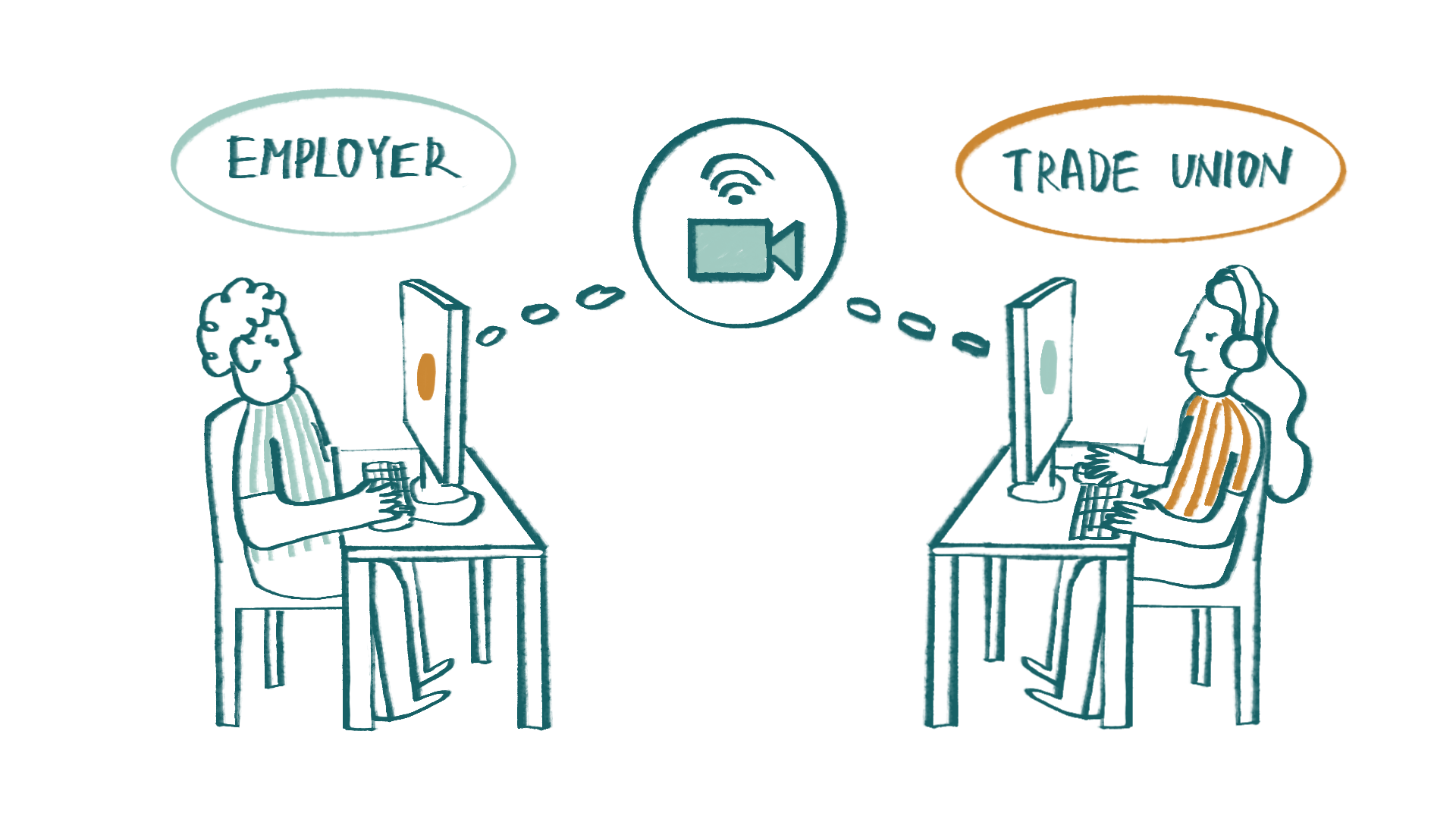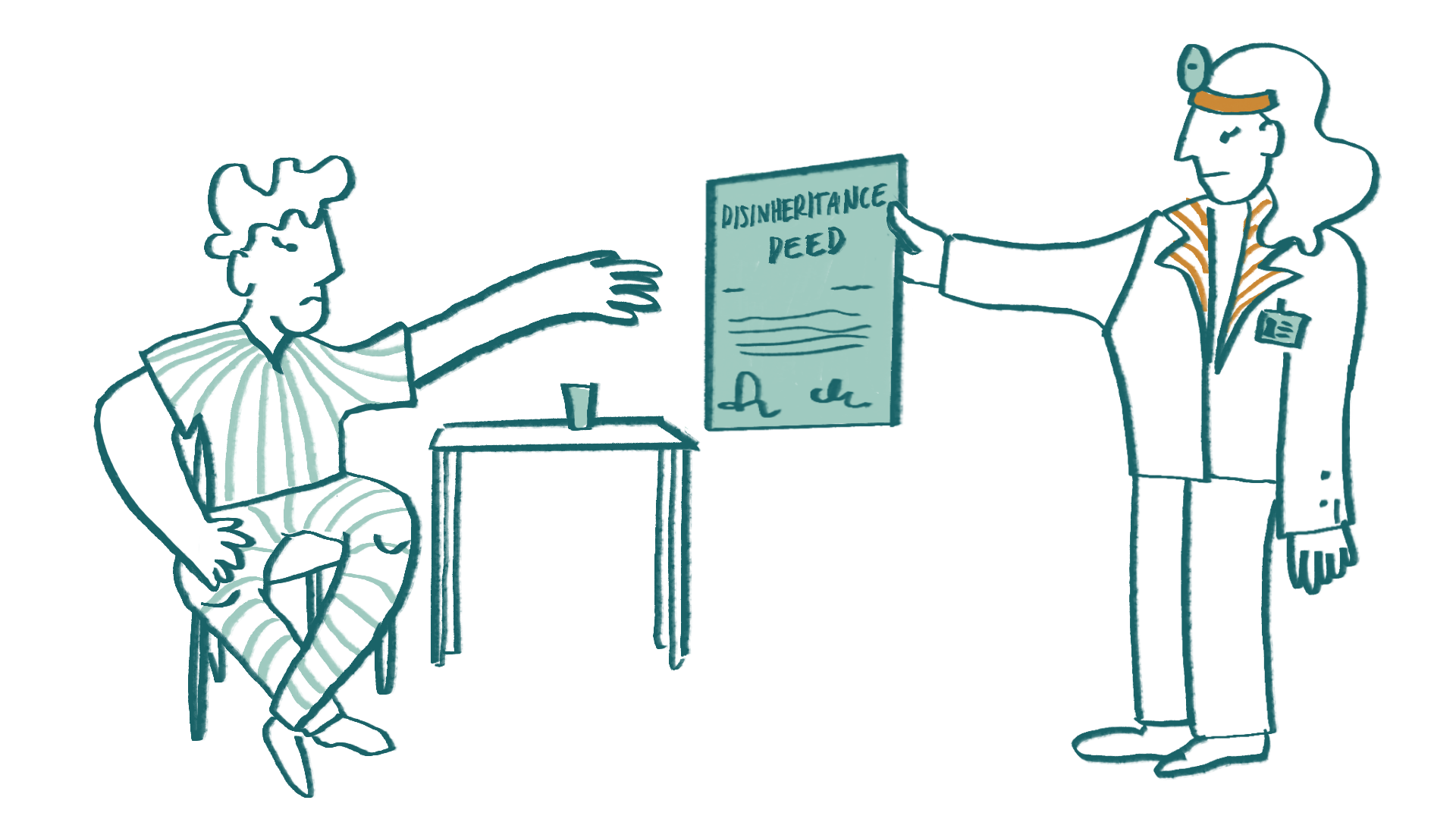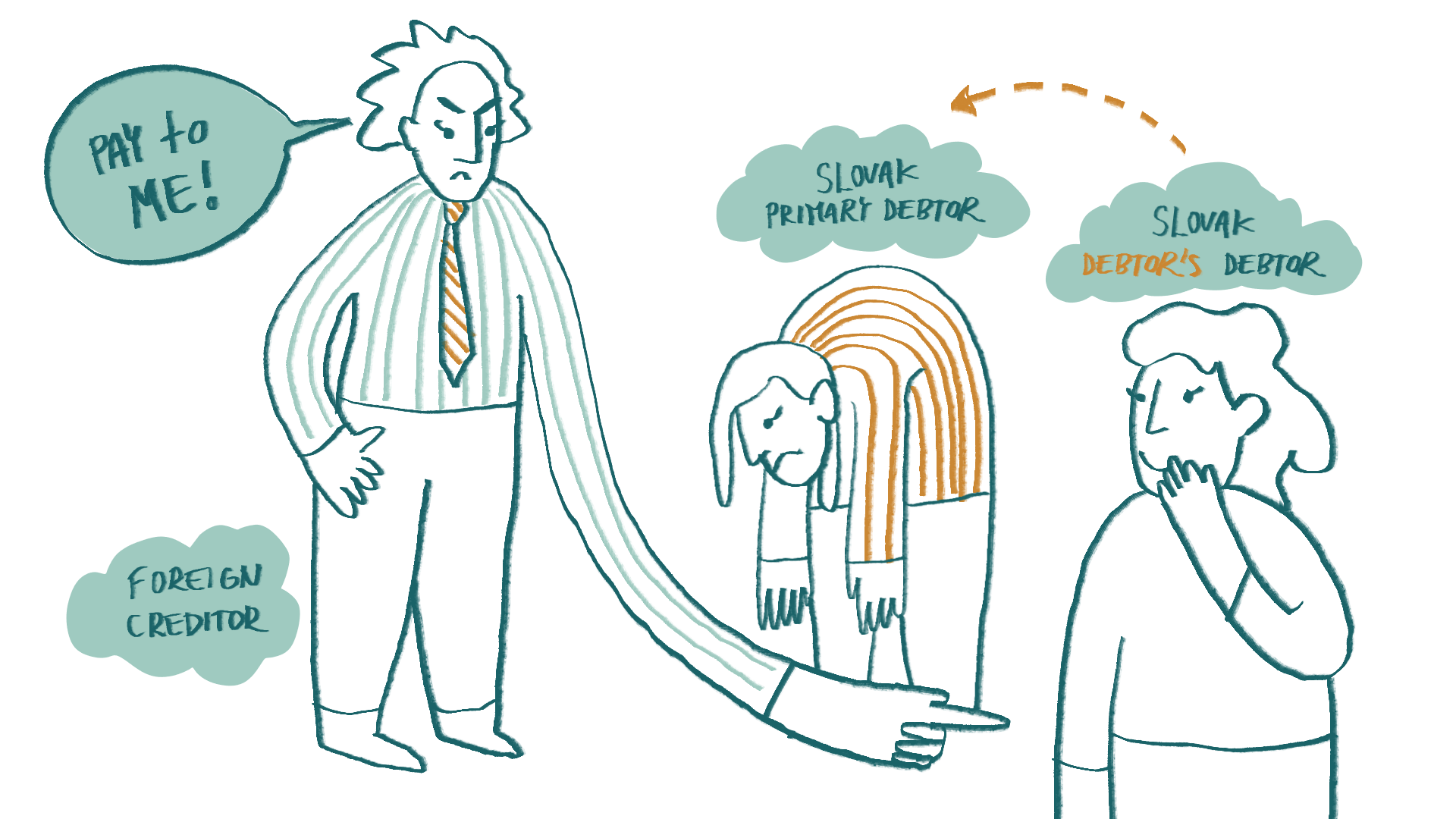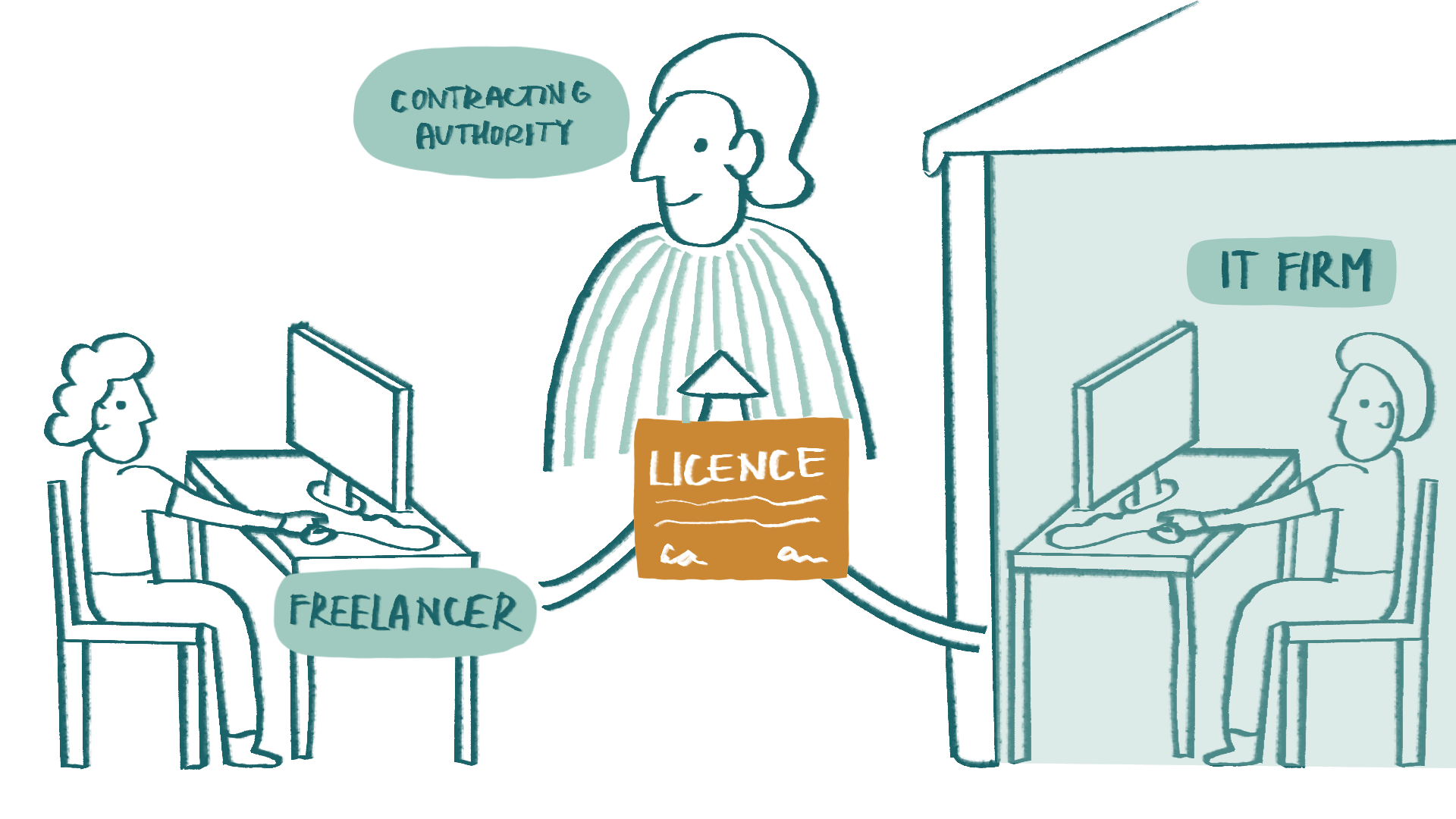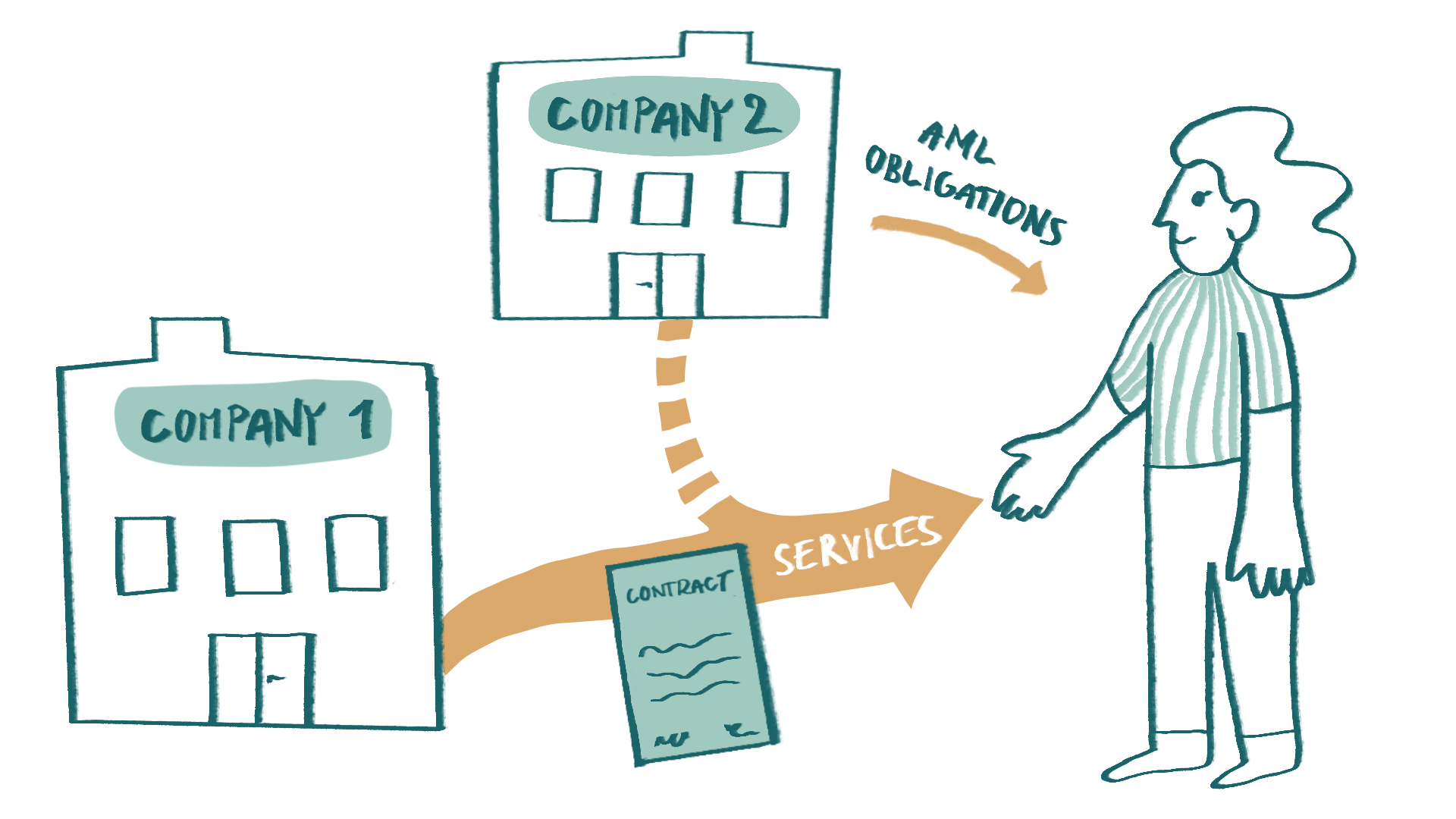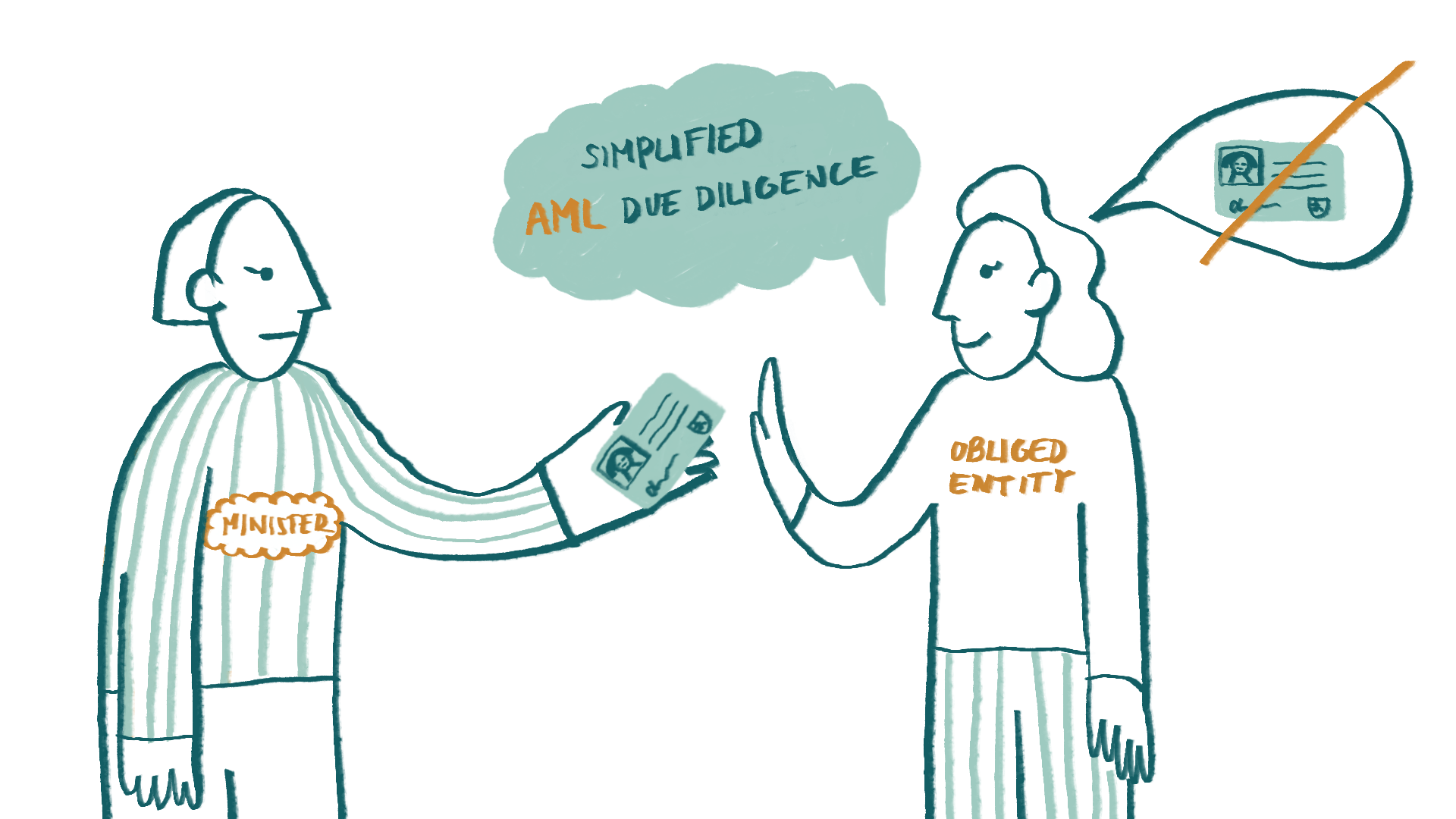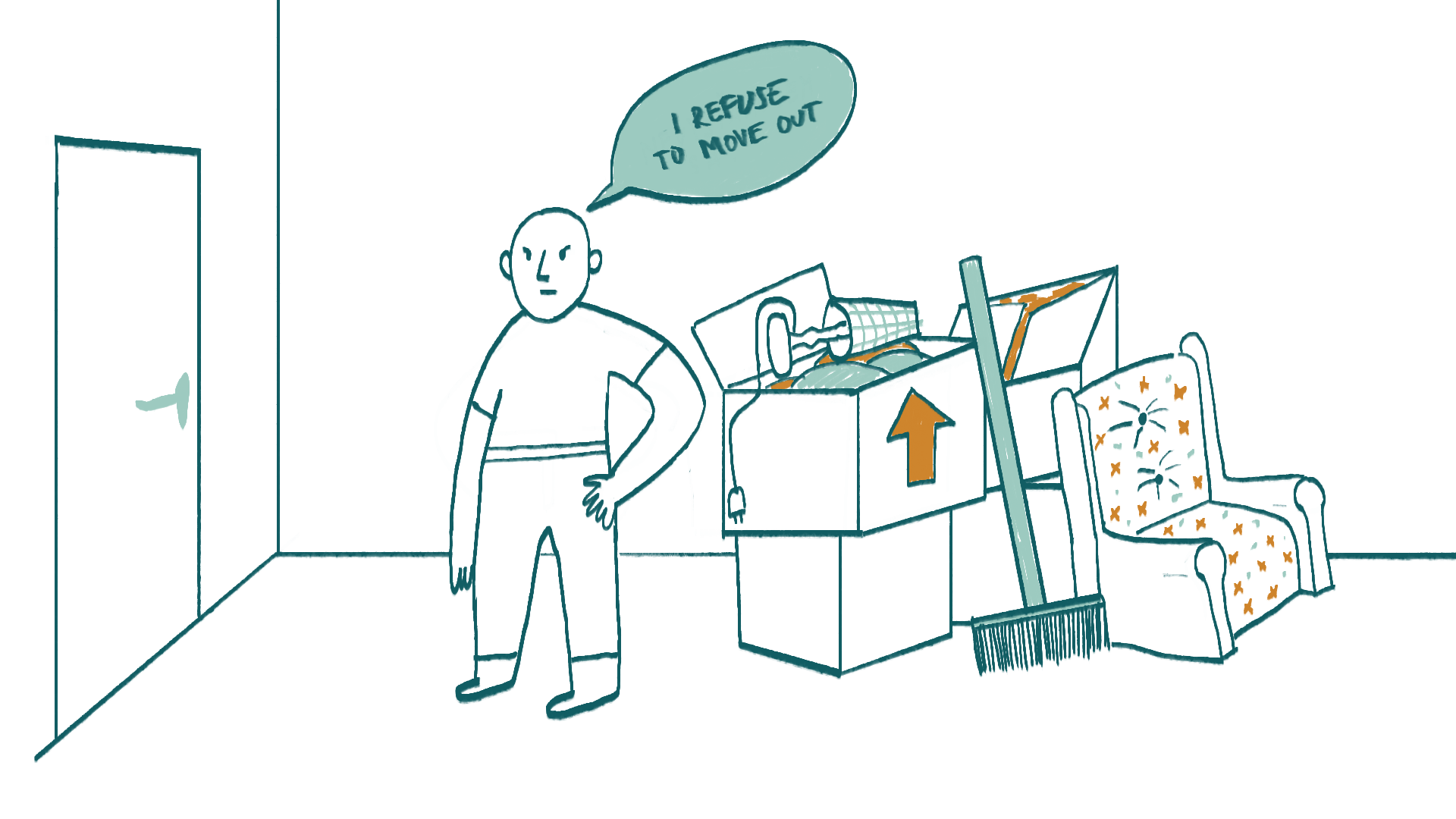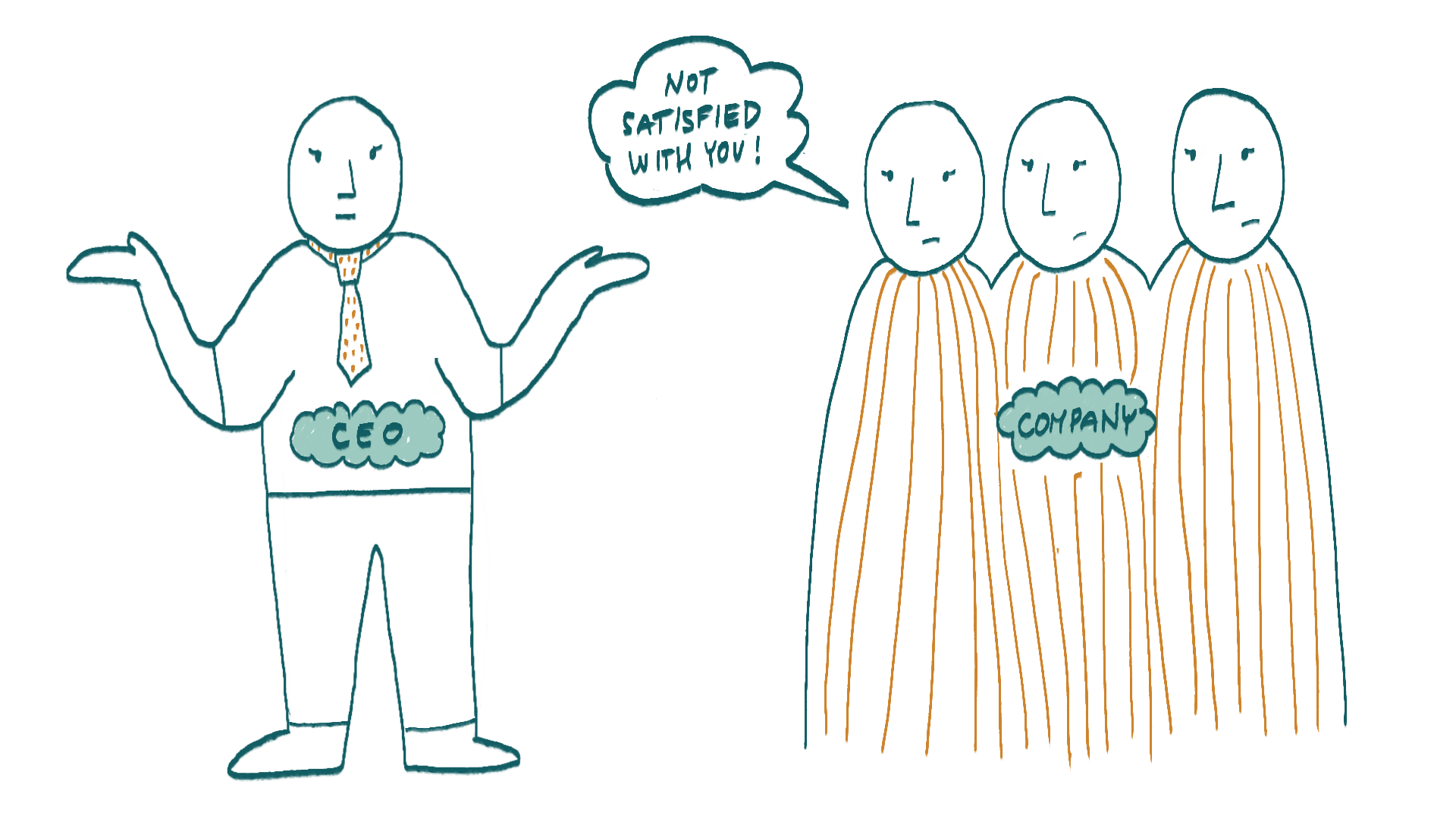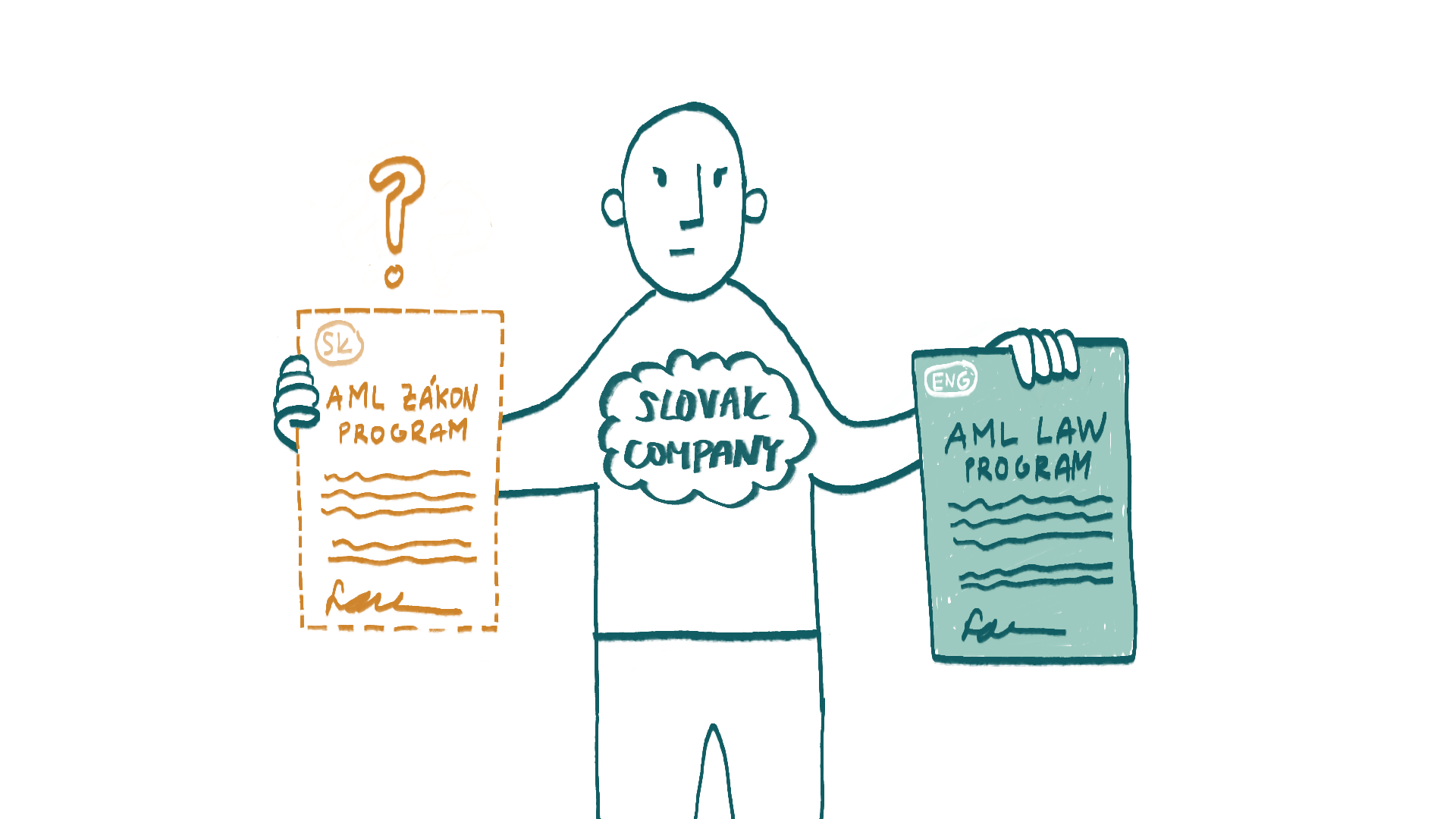We entered into an employment contract with an employee and negotiated a probationary period in the employment contract. During the probationary period, it became evident that the employee did not have sufficient qualifications and we lacked the capacity to train him. We decided to terminate the employment during the probationary period. Since the employee worked from home, we asked him over the phone to come to work so we could deliver the notice of termination. However, the employee did not return to work and sent us a notice of his incapacity to work. At the same time, he sent back the laptop we had provided him as a work tool when he started the job through another employee. The probationary period expires on January 30. Should we consider the employment terminated or must we wait until the employee’s sick leave ends, the employee returns to work, and only then can we deliver the written notice of termination? If we must wait for his sick leave to end, can we deliver the notice of termination to the employee by any means other than in person?
Terminating employment during the probationary period differs from termination by dismissal.
Although the Labor Code requires that the notice of termination during the probationary period be in written form, the Labor Code does not penalize non-compliance with this requirement with invalidity. Therefore, it is possible to terminate employment verbally during the probationary period. However, should a dispute arise about whether the employment was terminated, it is beneficial to prove that the verbal notice occurred. The option to notify termination verbally during the probationary period comes into consideration only if the employment contract does not expressly stipulate that the employer must notify the termination in writing. Therefore, employment can be terminated verbally during the probationary period only if the employment contract with the specific employee does not state that the employer must notify termination in writing.
In our opinion, if you notified the employee during a phone call that you were terminating his employment, and the call was made by a statutory representative of the employer or a person whose job position authorizes them to initiate and terminate employment relationships (e.g., the HR department director), then you could have verbally notified the employee of the termination over the phone. We believe that the subsequent return of the laptop by the employee quite conclusively confirms that the notification of termination indeed occurred. In our view, the verbal notification of termination is justifiable due to the way work was conducted. If the employee predominantly worked from home and you were prepared to deliver the notice in written form, but he refused to come to work, then the verbal notice should not be considered an exercise of rights in conflict with good morals or an abuse of rights to the detriment of the other party to the employment relationship.
As for the termination of employment during the probationary period, the provision of Section 64 of the Labor Code, which states that notice cannot be served during an employee’s sick leave, doesn’t apply here. Terminating employment during the probationary period is a different type of termination than termination by dismissal. The prohibition on dismissal under Section 64 of the Labor Code does not apply to the termination of employment during the probationary period. In this case, you could consider the employment terminated as of the day you notified the employee of the termination, regardless of the employee delivering a sick leave certificate.
The practical question, however, is whether you have deregistered the employee from Social Insurance. If you have not yet done so, it does not support your claim that you consider the employment terminated by your verbal notification at the end of December, or as of the day the employee returned the notebook. If a dispute about the termination of employment arose, this fact would be to your disadvantage. If you have not yet deregistered the employee from Social Insurance, we recommend that you now deliver the notice of termination during the probationary period in written form as soon as possible and consider the employment terminated only as of the day the notice is served, and report the termination of the employment during the probationary period to Social Insurance on that day.
You can deliver the notice of termination during the probationary period to the employee by registered mail with restricted delivery. You do not need to specify the date on which the employment ends. You can just state that it ends on the day the notice is delivered. We believe that in this case, it is not necessary to adhere to the provision of Section 72(2), which generally requires that the notice of termination during the probationary period be delivered at least 3 days before the employment is to end. The Labor Code states “generally,” and in this case, it is clear enough that the employee could have known that the employment was ending. If the employee fails to collect the letter at the post office, the day following the expiration of the collection period at the post office will be considered the day the employment ends. You will learn about the expiration of the collection period when you receive a notice of non-delivery from the post office. The letter delivery or non-delivery can also be tracked online, on the website of the Slovak Post.



